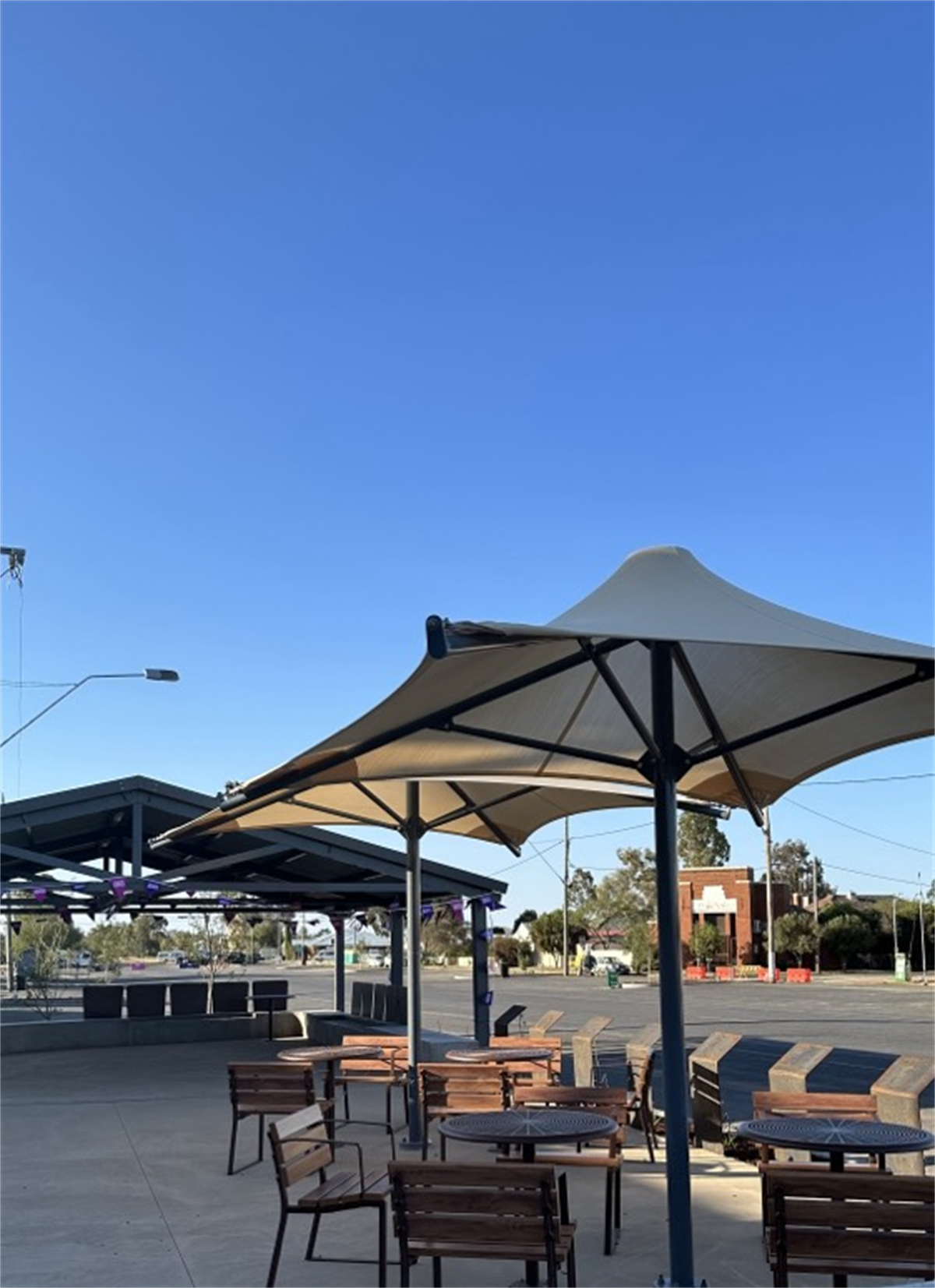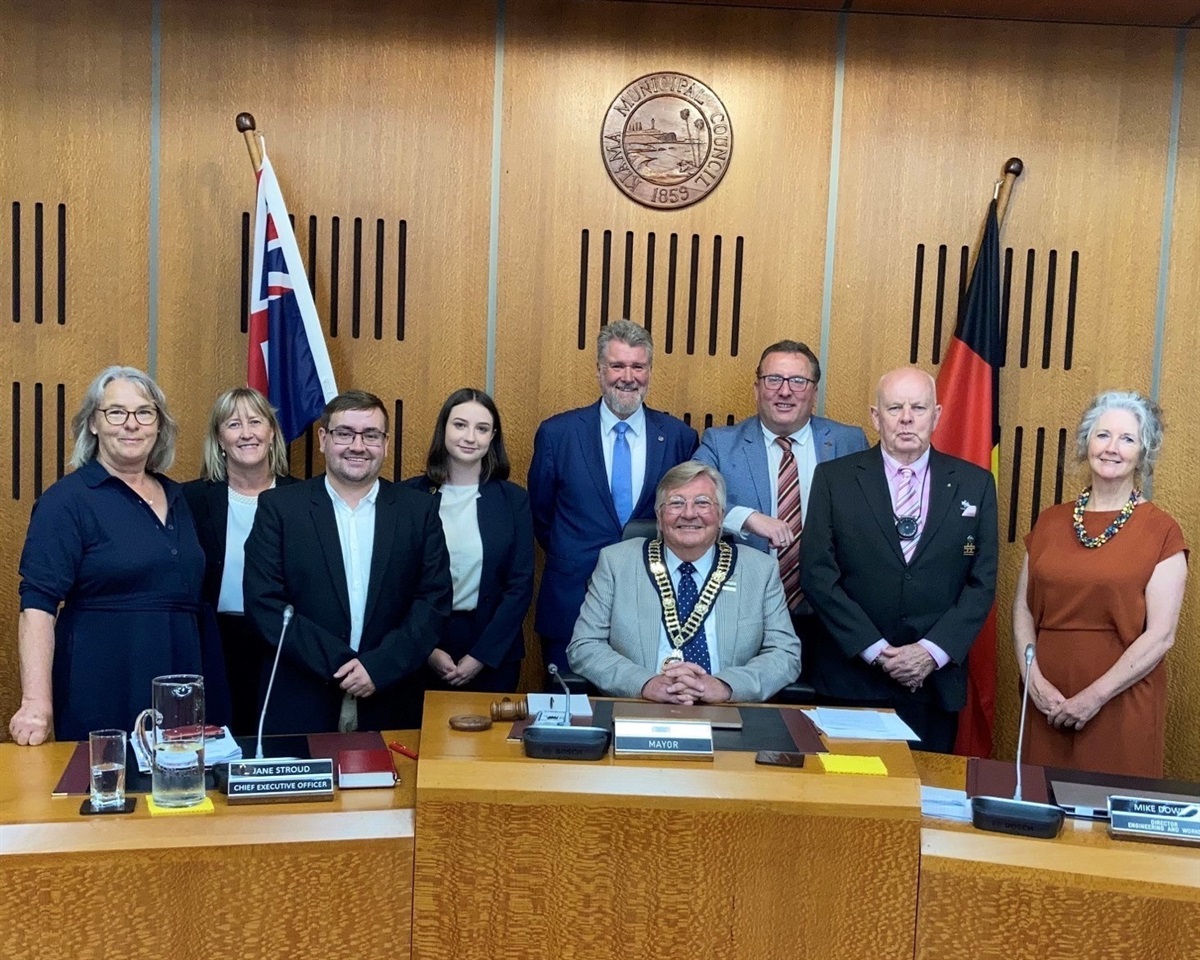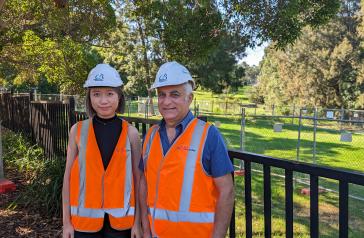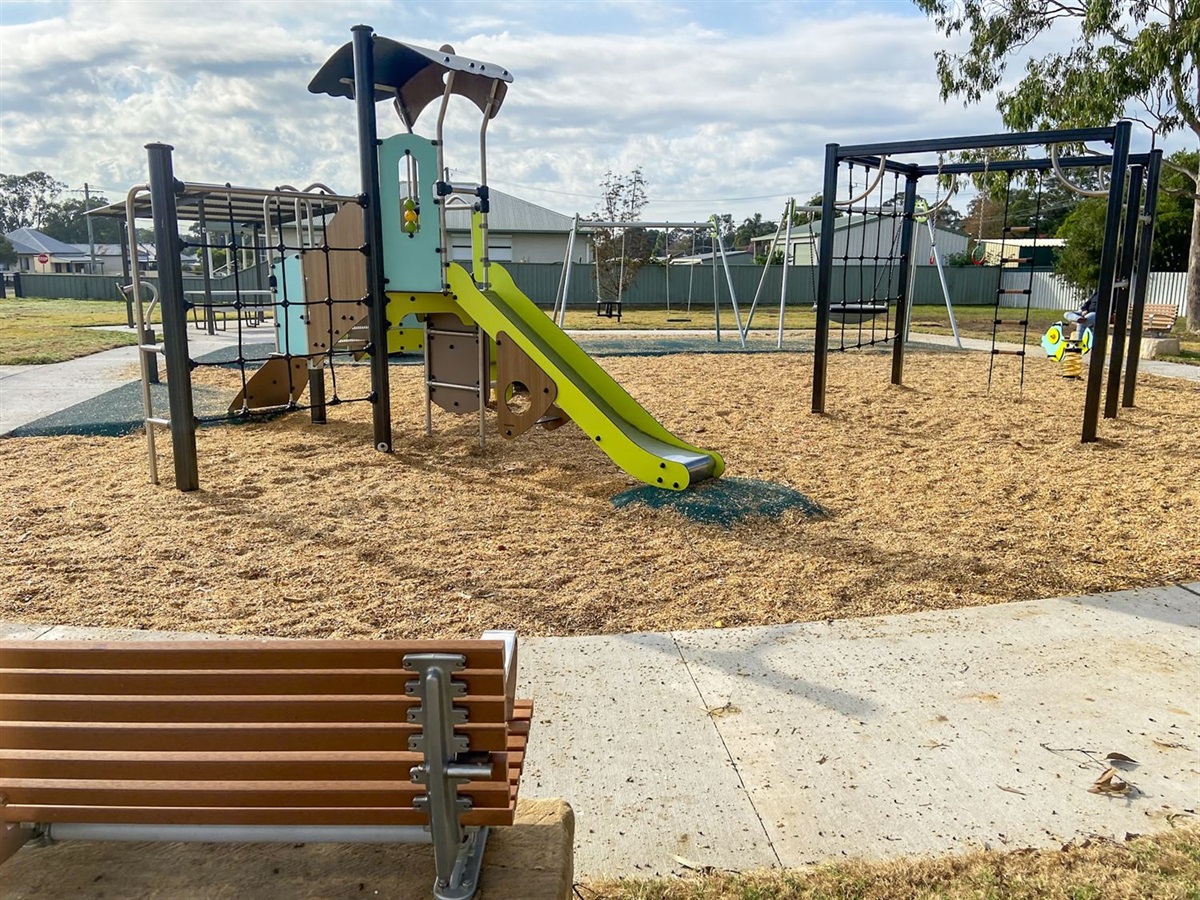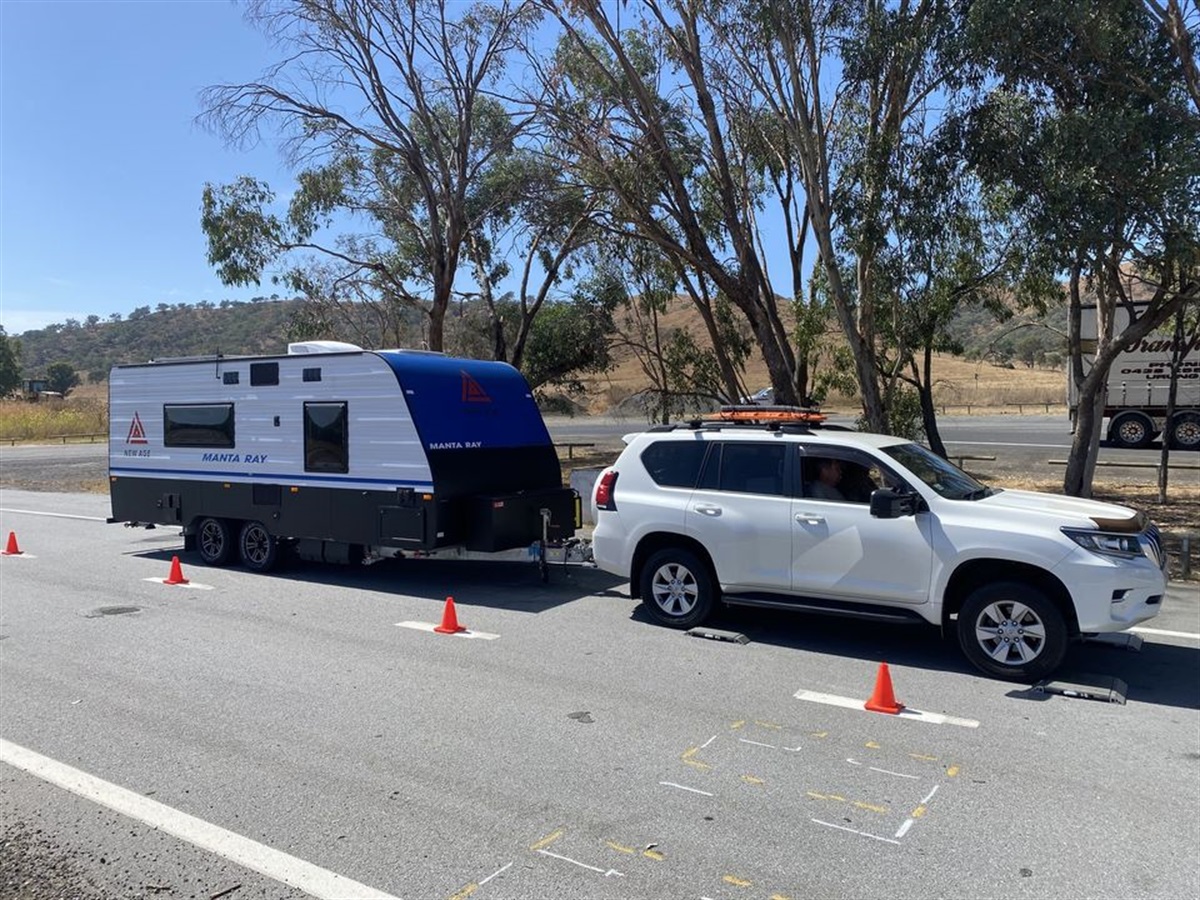The Royal Australian College of General Practitioners (RACGP) has launched a new project to inspire more people to consider a career in rural general practice and Aboriginal and Torres Strait Islander health.
This Rural Life is a digital project, showcasing the unique experiences and rewards of a career in rural general practice, with a focus on Aboriginal and Torres Strait Islander health.
The project puts a spotlight on GPs across all career stages working in rural or remote Aboriginal and Torres Strait Islander health by sharing the incredible stories of those in the field. It was inspired by RACGP members who told us that we need to share the important, complex, and often isolating work of GPs in rural and remote areas.
This Rural Life is intended to be a living project and GPs across the country are being asked to contribute their own stories to the website: www.racgp.org.au/thisrurallife
Dr Melanie Matthews said she was proud to tell her story as part of the project to inspire others.
“During medical school, I was fortunate enough to get into the John Flynn Placement Program and I chose to come to the Northern Territory and did placements in Nhulunbuy in east Arnhem Land, Groote Eylandt.This sparked a love of remote Aboriginal and Torres Strait Islander health,” she said.
Dr Matthews, New Fellow Representative on the RACGP Rural Council, has gone on to work in Maningrida, the largest remote Aboriginal community in the Northern Territory.
“Maningrida is a six-hour drive from Darwin, and it doesn’t have a hospital, so we help care for everyone who walks through the door. It can be very challenging at times, but I love my job and the people I work with.
“One of the things that I love most about working remote is the team environment. It is not doctor-centric, it is about working in a team of very experienced remote area nurses, allied health professionals, Aboriginal health workers, and community workers. They know the community and they help us bring people in, interpret, help us with cultural issues and are integral to providing the best healthcare we can.”
Torres Strait Islander woman Joanne Kaczmarek has also contributed her story to the project.
Jo’s journey to medicine doesn’t fit the common narrative. The proud Torres Strait Islander from Badu Island excelled as a corporate manager in the Australian Public Service, but her career came to a crossroads when the death in custody of a 22-year-old Western Australian woman hit the news. She was saddened and enraged at yet another Aboriginal death in custody and wanted to make a difference. Having always had an interest in health and a passion for serving her community, she decided to connect the dots and become a doctor.
“I won the lottery so to speak when I received my training placement to Thursday Island. Not only did I have the opportunity to gain valuable experience in a remote hospital setting, I was also able to return to the Torres Strait, where I grew up,” she said.
“The experience of working in and caring for my community strengthened my motivations to study medicine, I received so much encouragement and support from family and community.
“While there are very serious health issues in my community, including a high prevalence of chronic disease, I walked away from my training with so much hope for the future. I was confident, I could achieve my dream of working as a doctor in the Torres Strait, and I knew I could make a difference for my community.”
RACGP Aboriginal and Torres Strait Islander Health Chair, Professor Peter O’Mara said boosting the number of GPs trained to provide cultutrally appropriate and accessible healthcare was key to closing the gap.
“Improving a patient’s experience of health services and increasing access to high quality and culturally appropriate healthcare, including GPs, will contribute to better health outcomes.”
Professor O’Mara said he was always drawn to working rurally and knew innately that he was going to work in Aboriginal health.
“That’s the whole reason I became a doctor – it grabbed me, and it was a driver when I faced challenges as a student,” he said.
“When I was exposed to racism, I could have given up but instead I thought, ‘No, one day my community is going to benefit from me being a doctor.
“And now I’m so grateful that I stuck to my guns and became a GP; it really feels like what I’m here to do. Working in Aboriginal health can be challenging but it is also incredibly rewarding. I see it in the daily interactions I have with my patients, I know I’m making a difference in people’s lives.”
RACGP Rural Chair Dr Michael Clements said the project highlights the unique role GPs play in their communities.
“As a rural GP myself, I know what draws doctors to choose a career in rural general practice,” he said.
“The work itself is uniquely varied and rewarding. No one day is the same, you might get called to an emergency, or you could be supporting a new mum.
“General practice is the only specialty that provides comprehensive, whole-person healthcare to someone throughout their life. We really get to know our patients and become a valued part of the community, particularly in rural and remote areas.
“Everyone deserves access to high-quality GP services regardless of their postcode; attracting more people to choose a career in rural general practice is critical.”
This Rural Life is set to be officially launched online tonight (Wednesday 6 October 2021) at 7.30pm AEDT. Those interested in attending the launch can register via Zoom,
~

